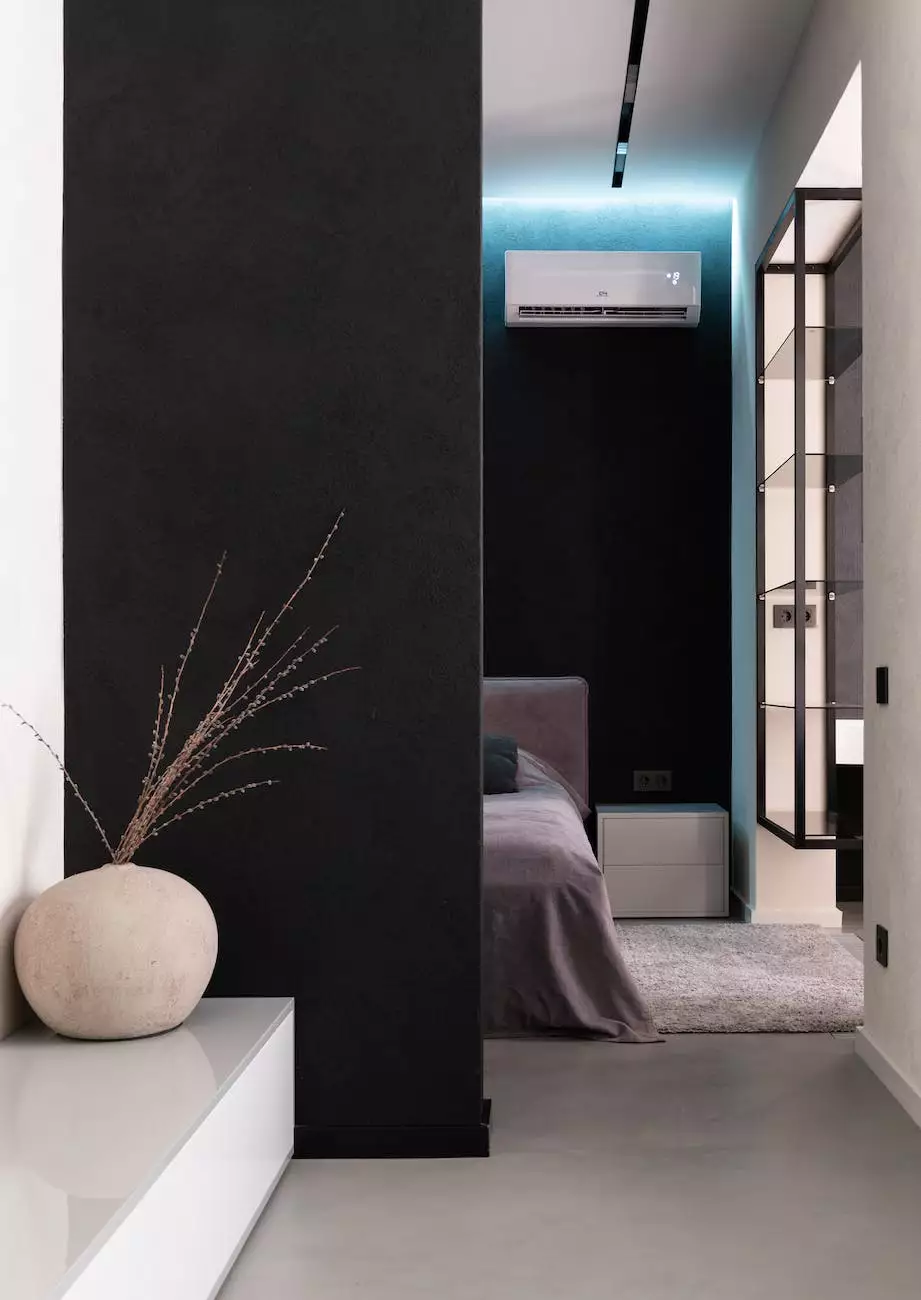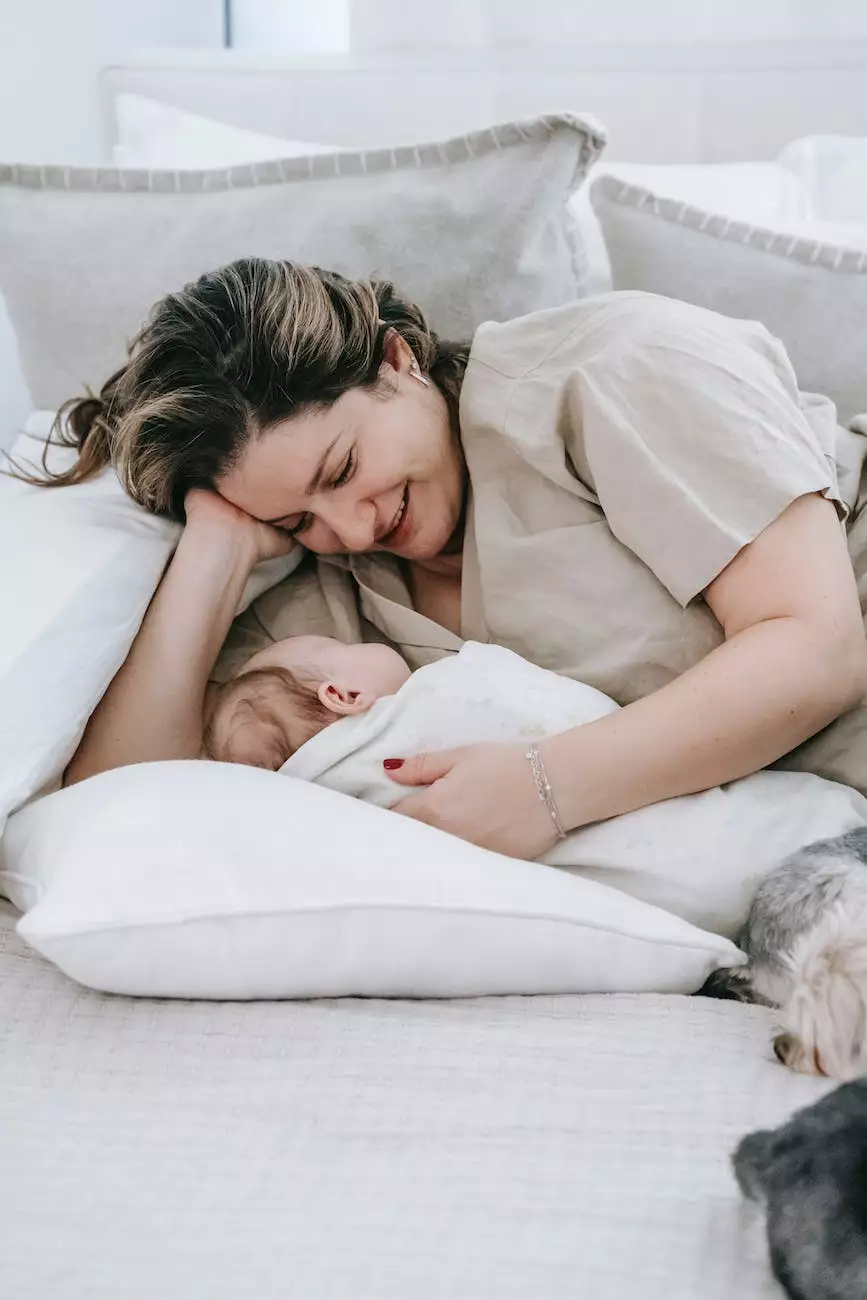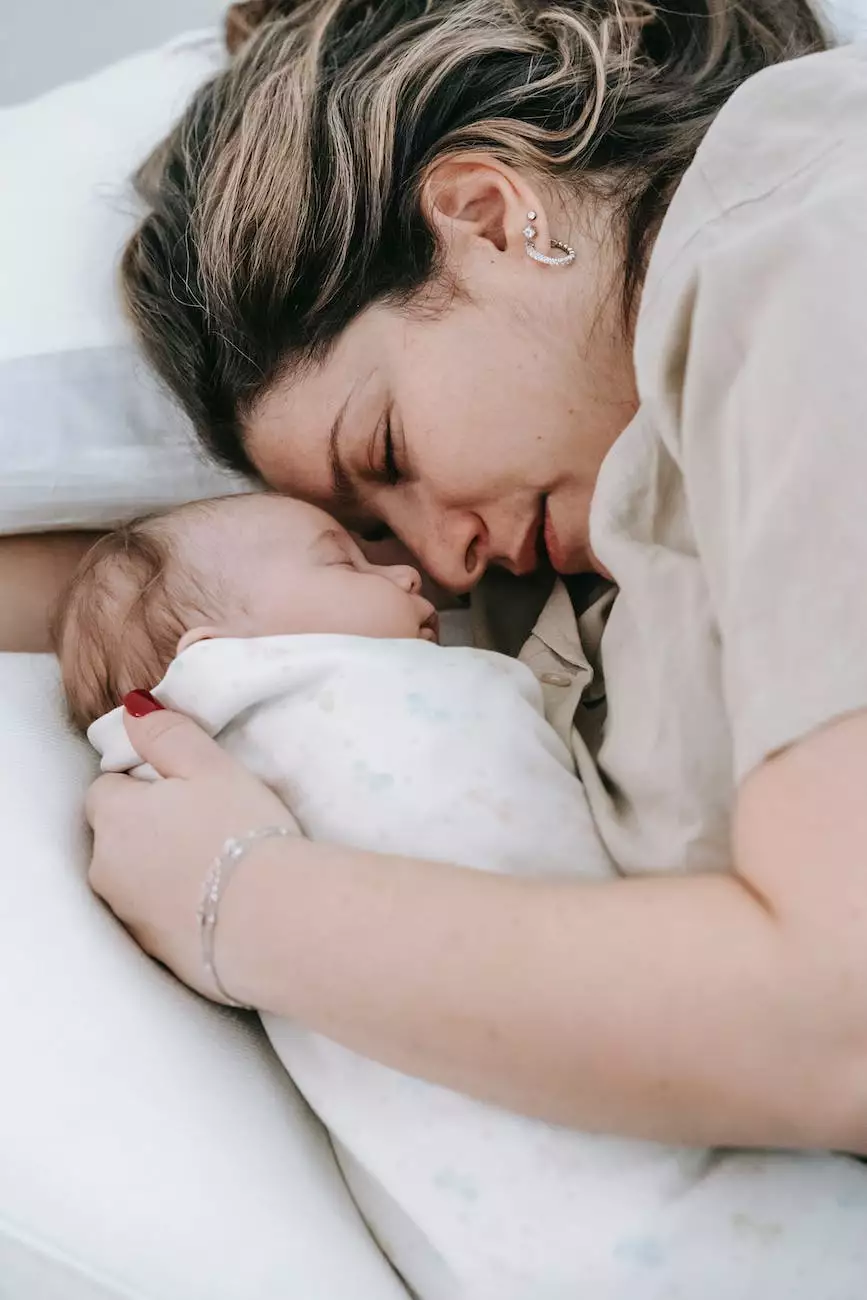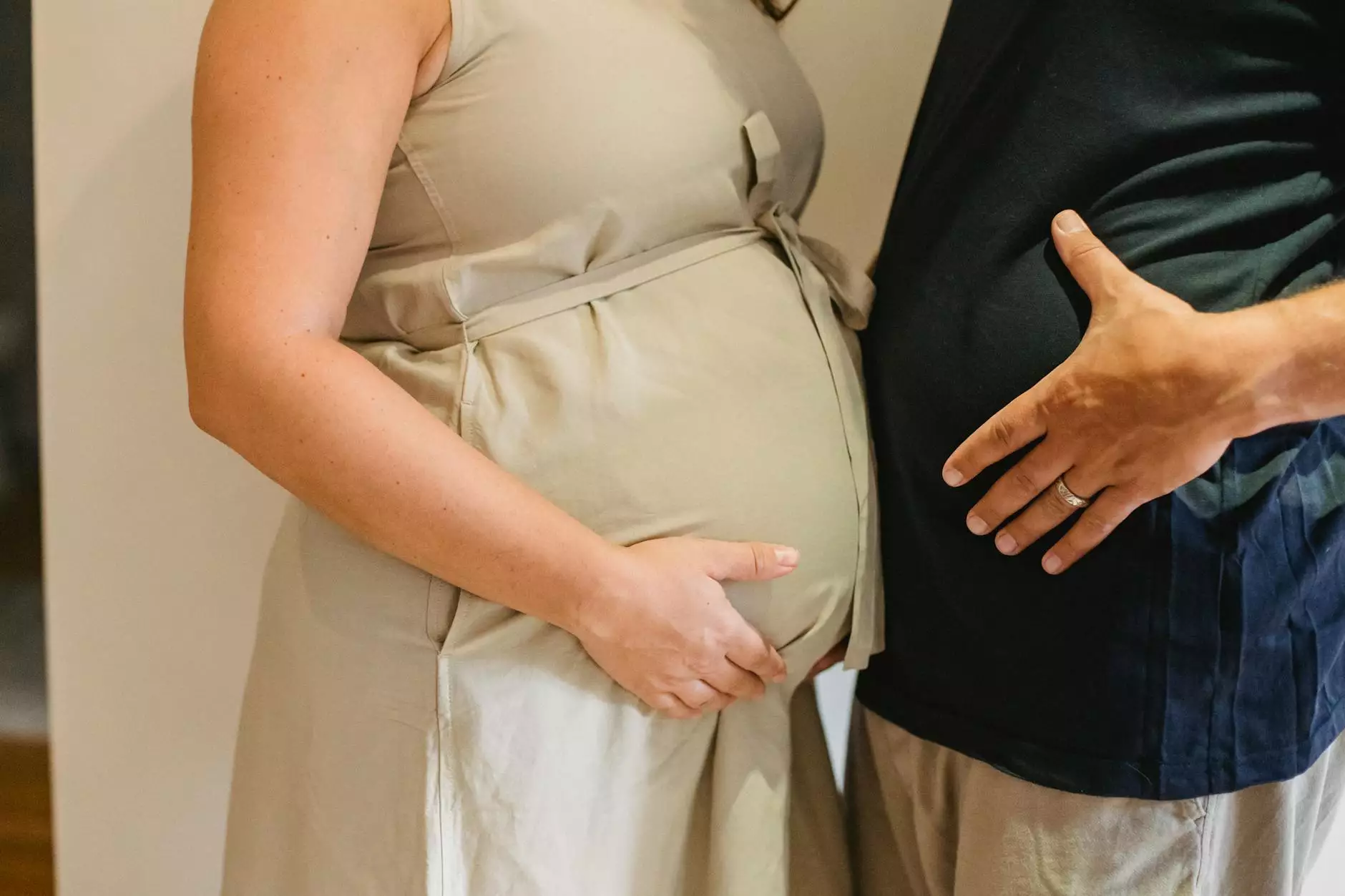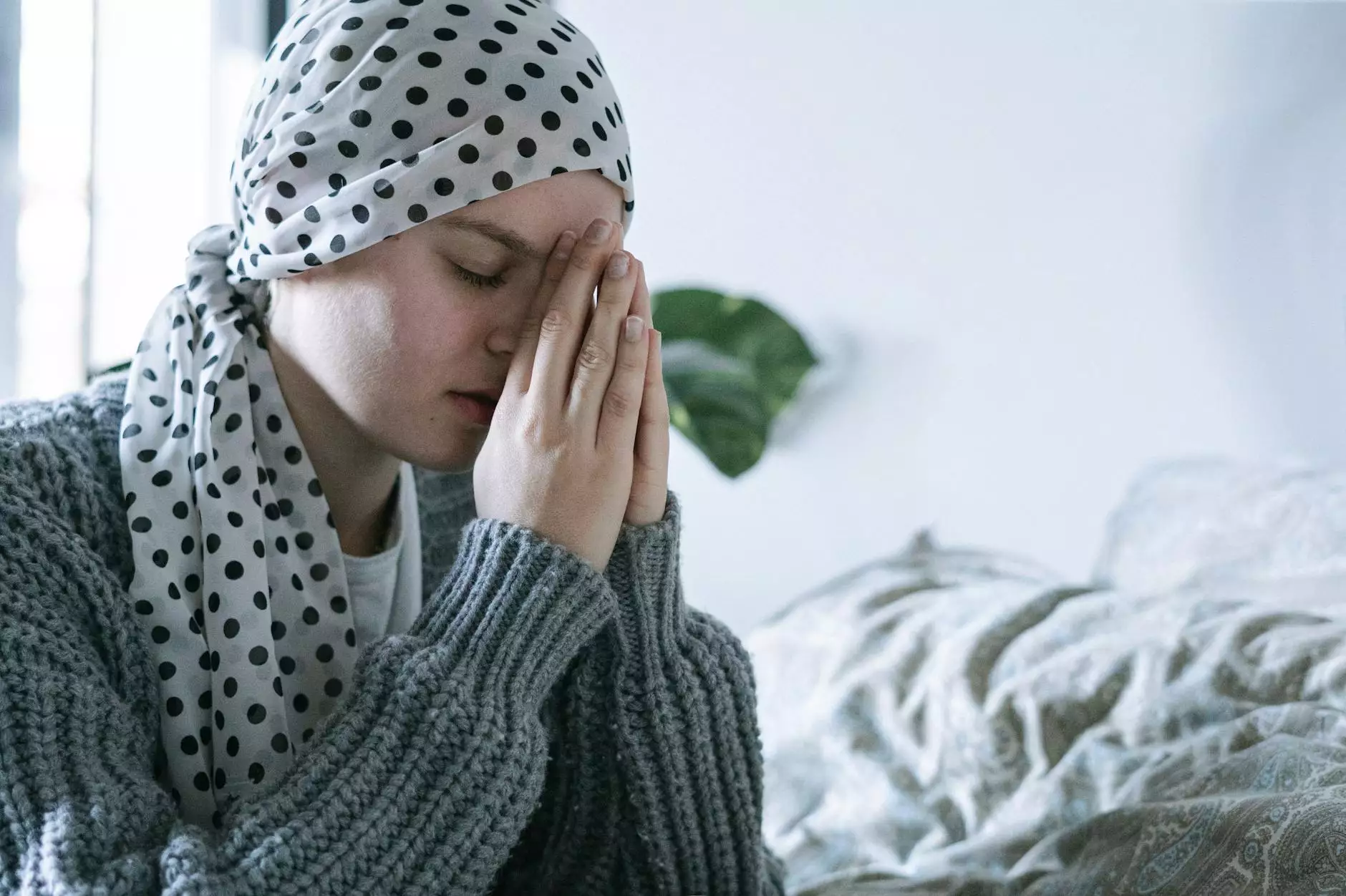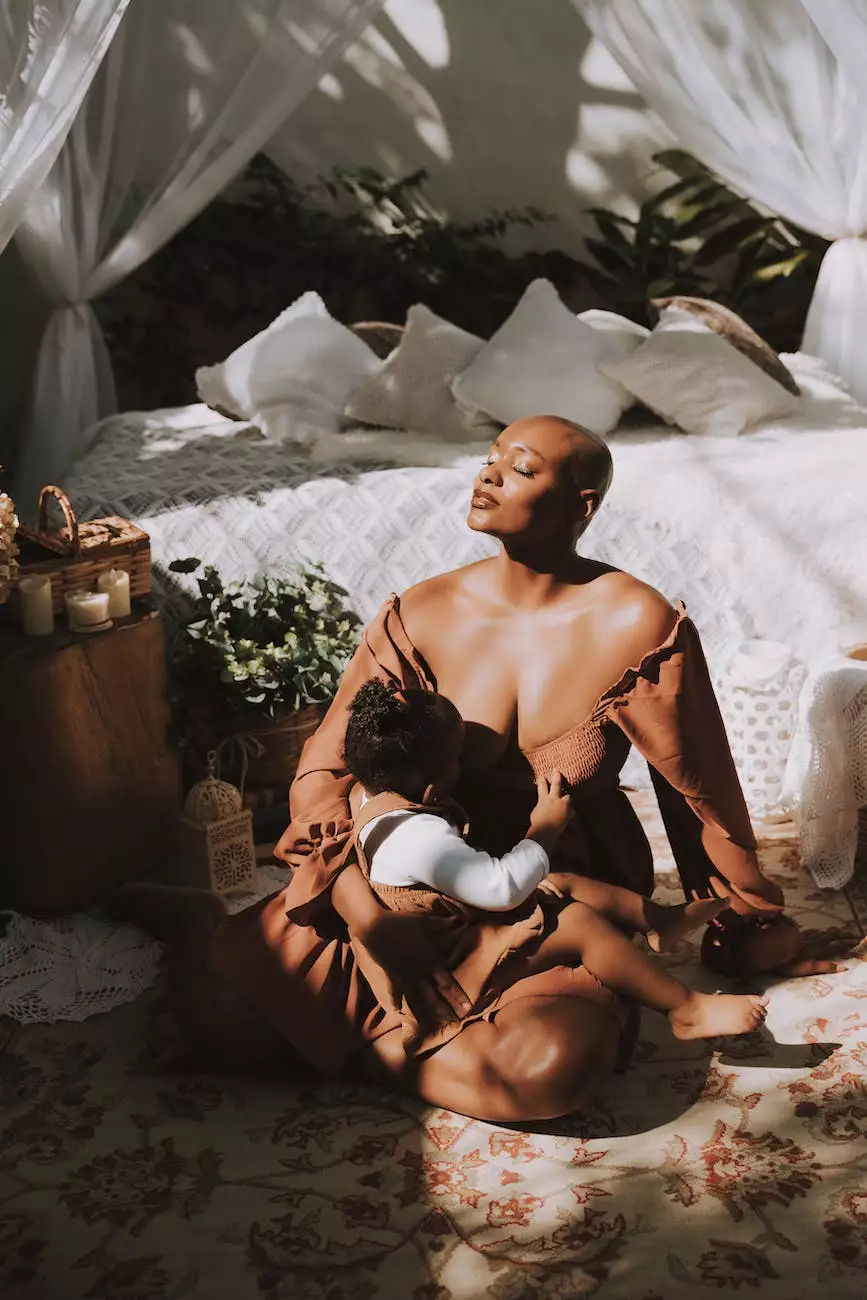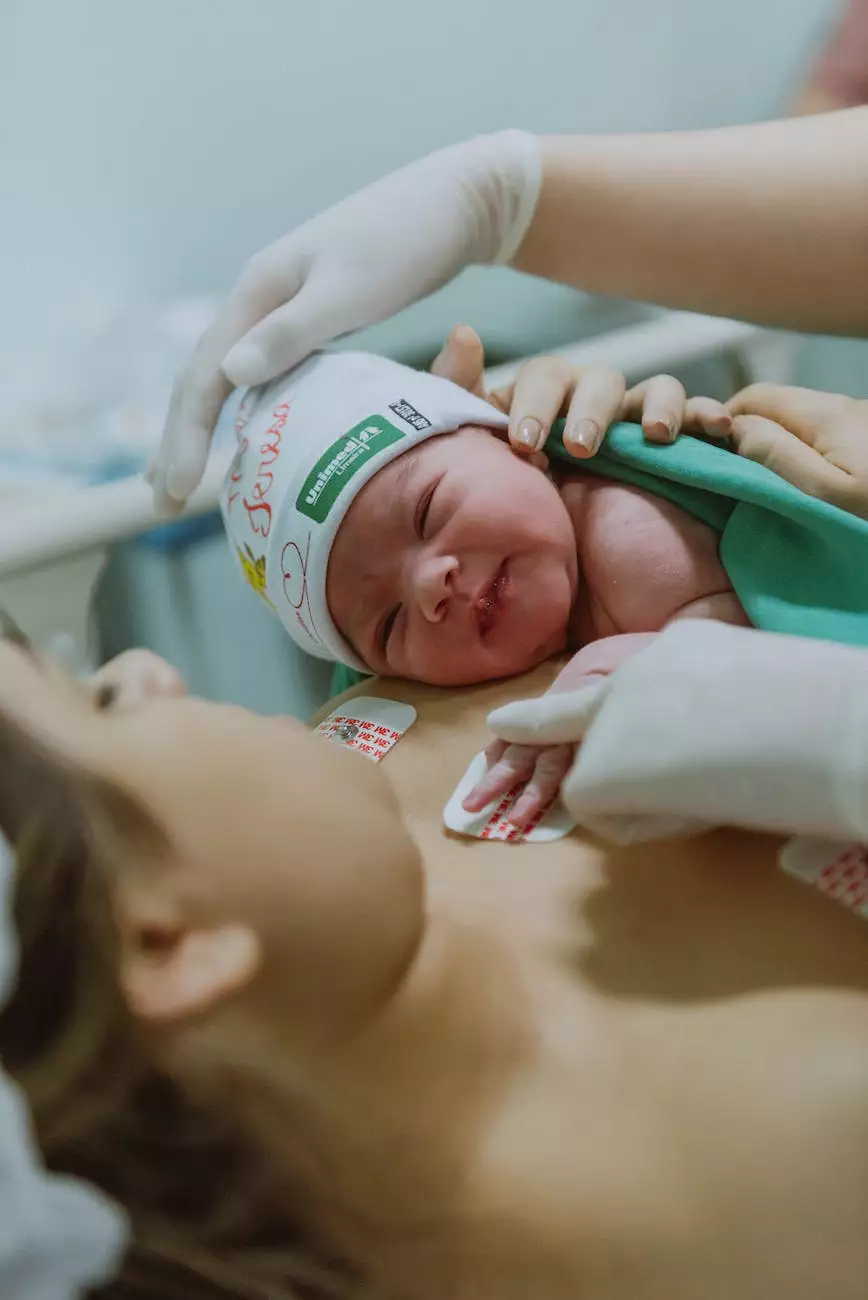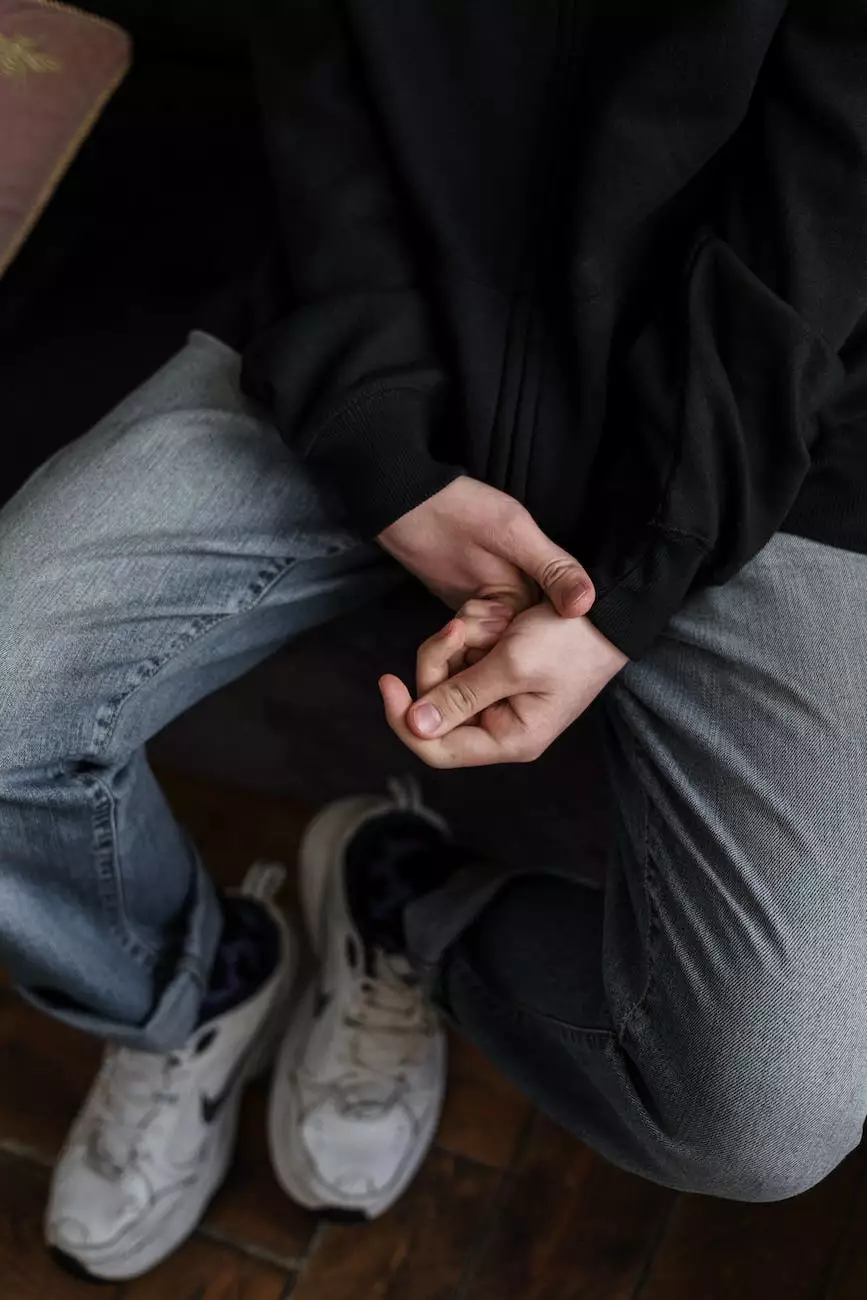What Exactly is Safe Sleep for Infants? - DC Metro Doulas

Welcome to Home Postpartum Services, your trusted resource for all things related to the well-being and development of your newborn. In this comprehensive guide, we will delve into the importance of safe sleep for infants, providing you with valuable insights, guidelines, and best practices to ensure your baby's safety and promote healthy sleep habits from the very beginning.
The Importance of Safe Sleep
Ensuring your baby's safety during sleep is of utmost importance. Creating a safe sleep environment reduces the risk of Sudden Infant Death Syndrome (SIDS), suffocation, and other sleep-related accidents. By following safe sleep practices, you empower your little one to have restful nights and promote their overall well-being.
Safe Sleep Guidelines
To create a safe sleep environment for your infant, consider the following guidelines:
- Back to Sleep: Place your baby on their back for every sleep, including naps. This reduces the risk of SIDS.
- Firm Surface: Always use a firm mattress or surface specifically designed for infants. Avoid pillows, blankets, and other soft bedding.
- No Co-Sleeping: While it may be tempting to have your baby sleep in your bed, the safest place for them to sleep is in their own crib or bassinet.
- Avoid Overheating: Dress your baby appropriately for the temperature of the room. Overheating increases the risk of SIDS.
- Remove Hazardous Items: Keep the sleep space free from stuffed animals, loose bedding, crib bumpers, and other potential suffocation hazards.
Creating a Safe Sleep Environment
Now that you are familiar with the guidelines, let's discuss how to create a safe sleep environment for your little one:
- Choose the Right Crib: Invest in a crib that meets the current safety standards, with slats no wider than 2 3/8 inches apart.
- Use a Fitted Sheet: Always use a fitted sheet that securely covers the mattress.
- Keep Crib Empty: Ensure that the crib is free from loose items, including stuffed animals, pillows, and blankets.
- Nighttime Lighting: Consider using a soft nightlight to provide a soothing ambiance without causing excessive brightness.
- Temperature Control: Maintain a comfortable temperature in the room to prevent overheating or excessive coldness.
Best Practices for Safe Sleep
Adopting these best practices will further enhance your baby's safe sleep routine:
Establish a Bedtime Routine
Creating a consistent bedtime routine helps signal to your baby that it's time for sleep. Incorporate activities like a warm bath, gentle massage, quiet snuggles, and soft lullabies. Consistency and predictability promote better sleep patterns.
Invest in Quality Sleep Products
Choosing the right sleep products can considerably contribute to your baby's safety and comfort. Look for items such as sleep sacks or wearable blankets, which eliminate the need for loose blankets that pose suffocation risks. Opt for products that meet safety standards and guidelines.
Develop Safe Sleep Habits
Encourage safe sleep habits from the start. Avoid using props or positioners that claim to help your baby sleep better, as they can pose risks. Instead, focus on creating a safe and wholesome sleep environment without relying on unnecessary sleep aids.
Trust Home Postpartum Services
At Home Postpartum Services, we understand the importance of safe sleep for your infant's well-being. Our team of expert doulas is passionate about providing you with the knowledge, support, and guidance you need. We are here to answer your questions, address any concerns, and ensure that you feel confident in nurturing your newborn's sleep routine.
With Home Postpartum Services by your side, you can rest assured that you are equipped with the information and resources necessary to prioritize your baby's safety during sleep. Contact us today to learn more about our comprehensive postpartum support and make the most of your parenting journey.

